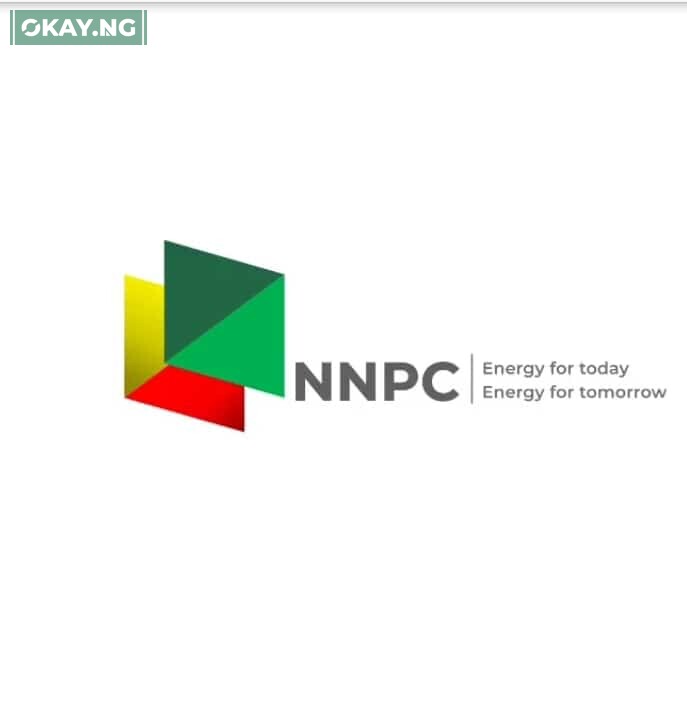A significant labour dispute is brewing within Nigeria’s crucial energy sector as the Nigeria Union of Petroleum and Natural Gas Workers (NUPENG) and the Petroleum and Natural Gas Senior Staff Association of Nigeria (PENGASSAN) have vehemently rejected the recent trend of external appointments to key positions within the Nigerian National Petroleum Corporation (NNPC). The unions argue that these appointments disregard the wealth of expertise cultivated within the organization, posing a potential threat to industry stability.
“We believe that the NNPC is replete with competent professionals who have dedicated their careers to the oil and gas sector,” stated a joint press release from NUPENG and PENGASSAN. “These individuals possess invaluable institutional memory and technical know-how, critical for the efficient operation of the corporation.”
The unions’ stance underscores a growing concern among industry insiders regarding the perceived undervaluation of internal talent. They contend that external appointments, while potentially bringing fresh perspectives, often overlook the deep-seated knowledge and experience accumulated by long-serving NNPC employees. This, they argue, could lead to operational inefficiencies and a decline in overall performance.
This portrays the delicate balance between introducing new ideas and preserving institutional knowledge. The NNPC, as the cornerstone of Nigeria’s economy, requires leadership that understands its complex operations and challenges.
“The core of our argument is simple: recognize and utilize the existing expertise within the NNPC,” a NUPENG representative stated. “Our members have dedicated years to mastering the intricacies of this industry. Ignoring their contributions is not only unfair but also counterproductive.”
Read Also: CBN Overhauls Leadership: 16 New Directors Appointed in Strategic Reshuffle
The unions are calling for a transparent and merit-based appointment process that prioritizes internal candidates with proven track records. They emphasize that this approach would foster a sense of ownership and motivation among NNPC staff, ultimately benefiting the corporation and the nation’s energy sector.
This dispute highlights the ongoing tension between political appointments and the need for professional expertise in critical sectors. The resolution of this issue will have significant implications for the future of the NNPC and Nigeria’s energy landscape.
The unions have not yet indicated what steps they will take if their demands are not met. However, the potential for industrial action looms, raising concerns about possible disruptions to the nation’s oil and gas supply. As the situation develops, it is crucial to monitor the government’s response and its impact on the stability of the energy sector.












